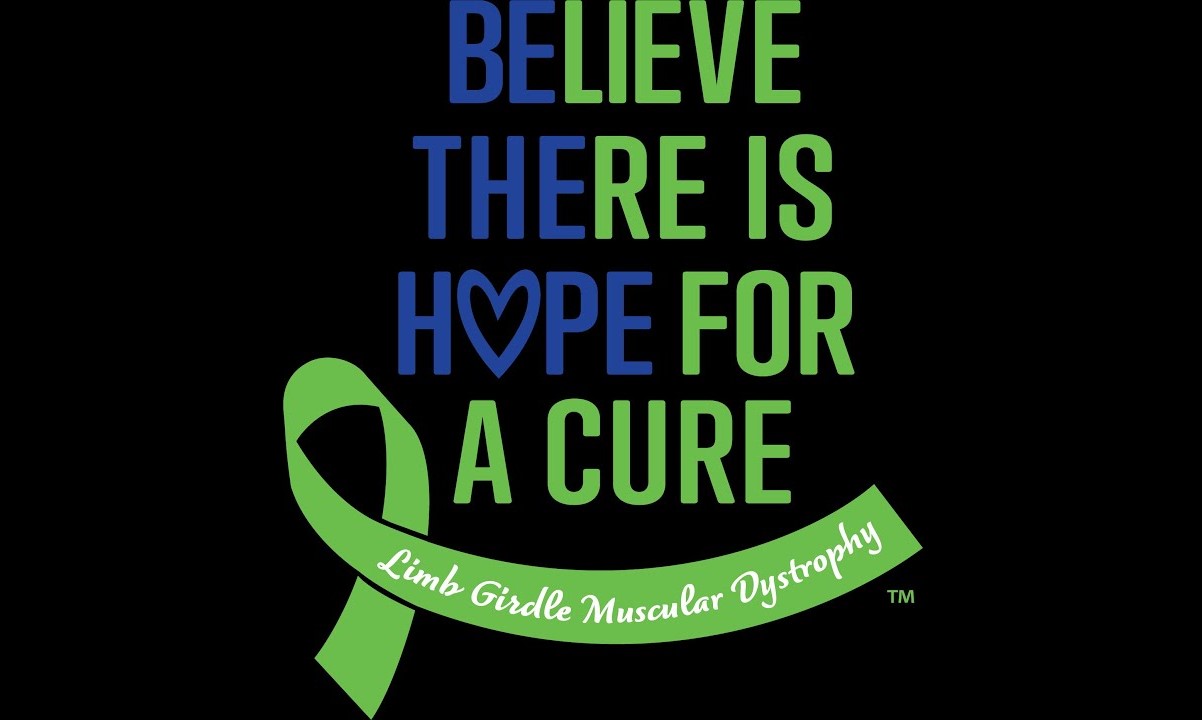
Whether it’s for a disease, a global crisis, or a personal struggle, hoping for a cure is a universal human experience. We all long for resolutions, solutions, and breakthroughs that can bring an end to our worries and suffering. In the realm of medical science, the pursuit of a cure is a constant journey of advancement and discovery.
In this article, we delve into the fascinating world of hoping for a cure by uncovering 18 intriguing facts that shed light on this enduring human aspiration. From historical milestones to scientific breakthroughs, these facts offer a glimpse into the progress that has been made and the challenges that lie ahead in our collective quest for healing.
Key Takeaways:
- Hope is a powerful force that drives medical advancements and inspires individuals to cope with illness, fostering resilience and positive thinking.
- The collective hope for a cure unites people, transforms lives, and shapes the future of healthcare, creating a brighter and healthier world.
Hope is a powerful emotion that drives us.
Hoping for a cure is a universal human experience, as we yearn for relief from illnesses and the restoration of health and well-being. The desire for a cure represents the unwavering belief in the possibility of better days and serves as a driving force for medical advancements.
Hope plays a crucial role in healing.
Studies have shown that hope can significantly impact an individual’s ability to cope with illness. It boosts morale, reduces stress levels, and stimulates positive thinking. Hope can enhance a person’s overall well-being and contribute to a faster recovery process.
Hope inspires innovation in medical research.
Without hope for a cure, medical researchers would not be driven to explore new treatments and therapies. The quest to find solutions is fueled by the collective hope for groundbreaking discoveries that can transform the lives of millions of individuals affected by various diseases.
The power of hope extends to the caregivers.
Caregivers, whether family members or medical professionals, rely on hope to provide support and encouragement to those battling illness. They play a vital role in fostering an environment of hope and optimism, which can have a profound impact on the patient’s well-being and overall outcome.
Hope can be found in the smallest of victories.
Every positive step forward, no matter how small, can reignite hope. From a decrease in symptoms to a successful treatment outcome, these small victories serve as reminders that progress is possible and reinforce the belief in the possibility of a cure.
Hope is contagious.
When one person holds onto hope, it can inspire others to do the same. The collective hope shared within communities, support groups, and medical organizations fosters a sense of solidarity and resilience, creating a powerful force in the fight for a cure.
Hope can thrive in the face of adversity.
Even in the darkest moments, hope can persevere. It is during these challenging times that hope becomes a beacon of light, providing solace, strength, and determination to push forward in the pursuit of a cure.
Hope is not limited to physical ailments.
Hoping for a cure extends beyond physical illnesses; it encompasses mental health conditions, rare diseases, and chronic illnesses. No matter the nature of the ailment, hope remains a powerful catalyst for change and healing.
Hope can bridge gaps in healthcare disparities.
Hope has the potential to break down barriers and address disparities in access to healthcare. By instilling hope in vulnerable populations and advocating for equitable healthcare resources, we can work towards a future where everyone has a chance for a cure.
Hope plays a vital role in clinical trials.
Clinical trials are crucial in the development of new treatments and therapies. Hope is an essential component as participants put their trust in the hope that these trials will lead to breakthroughs and improved outcomes for themselves and future generations.
The power of hope persists beyond the search for a cure.
Even if a cure is not immediately found, the power of hope sustains individuals and drives them to seek alternatives, manage symptoms, and improve their quality of life. It is a constant source of motivation and resilience.
Hope shapes the future of healthcare.
The unwavering hope for a cure drives the ongoing advancements and innovations in medical research and healthcare. It fuels the dedication of scientists, doctors, and researchers who tirelessly work towards finding solutions that can transform lives.
Hope is intertwined with empathy and compassion.
Hope flourishes within a compassionate and empathetic society. When individuals come together to support and uplift one another, it creates an environment where hope can thrive, leading to greater awareness, understanding, and progress in finding a cure.
Hope brings people together.
Hoping for a cure unites people from different backgrounds, cultures, and walks of life. It creates a common purpose, forging connections and fostering collaboration among researchers, patients, advocates, and communities worldwide.
Hope can drive policy changes.
The collective hope for a cure can influence policy-makers and public health initiatives. By harnessing the power of hope and advocating for increased funding, improved access to healthcare, and enhanced research efforts, individuals can contribute to positive changes in the healthcare landscape.
Hope is a source of strength for patients and their loved ones.
For individuals facing the challenges of illness, hope becomes a lifeline. It provides emotional support, courage, and an unwavering belief in the possibility of a better future. It serves as a reminder that they are not alone in their journey.
Hope can transform lives.
There are countless stories of individuals who have defied the odds and experienced remarkable recoveries. The power of hope has the ability to transform lives, defy expectations, and inspire others to never give up in the pursuit of a cure.
Hope is an enduring force.
Hope persists, regardless of the challenges faced along the way. It is an unwavering force that fuels our determination and keeps us moving forward, reminding us that a cure is within reach. With hope, the possibilities are endless.
Conclusion
These 18 fascinating facts about hoping for a cure shed light on the incredible journey and determination of individuals and communities in search of healing. From groundbreaking scientific advancements to the unwavering spirit of those affected by various conditions, the pursuit of a cure is a testament to human resilience.
As we delve into the world of medical research and the relentless efforts to find cures for diseases, it is evident that a future filled with hope and possibility exists. With each breakthrough, we inch closer to a world free from the burdens of illness.
Let these facts serve as a reminder of the power of hope, unity, and unwavering determination in the face of adversity. Together, we can make a difference and bring healing to all those who long for a cure.
FAQs
Q: What is the importance of hoping for a cure?
A: Hoping for a cure is essential as it fuels research, development, and advancements in the field of medicine. It provides comfort and optimism to individuals and communities affected by various illnesses.
Q: How can I contribute to finding a cure?
A: There are several ways to contribute to finding a cure. You can participate in fundraisers, volunteer for clinical trials, donate to research institutions, and spread awareness about the importance of medical research.
Q: Are cures for all diseases possible?
A: While the quest for a cure is ongoing, it is important to understand that finding cures for all diseases may not be feasible. However, with advancements in medical research, treatment options have improved significantly for many conditions.
Q: What role does hope play in the search for a cure?
A: Hope plays a crucial role in the search for a cure as it drives researchers, doctors, and patients to push boundaries, explore new possibilities, and remain resilient in the face of challenges. It provides motivation and optimism throughout the journey towards finding a cure.
Q: How can I support individuals and communities hoping for a cure?
A: You can support individuals and communities hoping for a cure by offering emotional support, being an advocate for medical research, participating in awareness campaigns, and helping raise funds for research organizations.
Was this page helpful?
Our commitment to delivering trustworthy and engaging content is at the heart of what we do. Each fact on our site is contributed by real users like you, bringing a wealth of diverse insights and information. To ensure the highest standards of accuracy and reliability, our dedicated editors meticulously review each submission. This process guarantees that the facts we share are not only fascinating but also credible. Trust in our commitment to quality and authenticity as you explore and learn with us.


